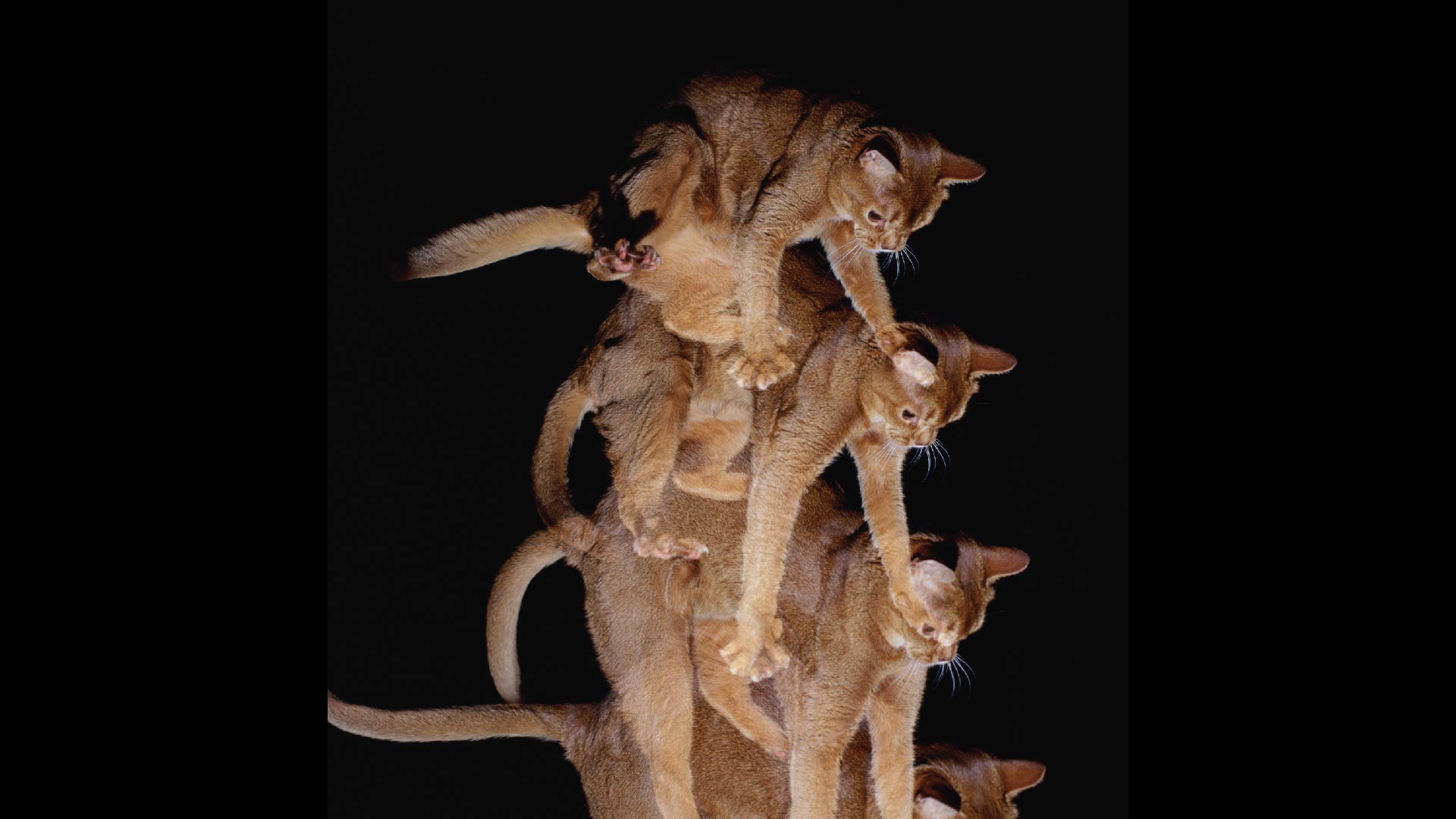Religions, Vol. 14, Pages 1013: A New Study on Features Exploring of the Concept of Wen and Zhi in Lao-Zhuang’s Philosophy
Religions doi: 10.3390/rel14081013
Authors: Shangkun Ji Yongfeng Huang
For a long time, scholars have been applying the view of Confucius on Wen and Zhi, centering on Li (rites) and Ren and Yi (benevolence and righteousness), to the Taoist concepts of them. This inevitably leads to many misunderstandings and overlooking the unique characteristics of the Daoist view. In the philosophy of Laozi and Zhuangzi, Zhi represents the natural state of human nature that is simple and desireless, while Wen refers to the corresponding expressions of speech and behavior generated based on Zhi. Under the Daoist Dao (the way)–Wu (object) model, the relationship between Wen and Zhi in Laozi and Zhuangzi is closely related to human nature and emotions, presenting Ti (source)–Yong (function) as the unity with nature as Ti and emotions as Yong. Secondly, Laozi and Zhuangzi’s view on Wen and Zhi is closely related to the thoughts of self-cultivation and governing the country, with the latter as the foundation for the former. Their view of Wen and Zhi shows the relationship of Ben (root)-Mo (branch) The probing into the Laozi and Zhuangzi’s concept of Wen and Zhi helps to understand the unique characteristics of the Taoist view, thereby further excavating the theoretical value and practical significance of the relationship between Wen and Zhi.

 8 months ago
35
8 months ago
35

